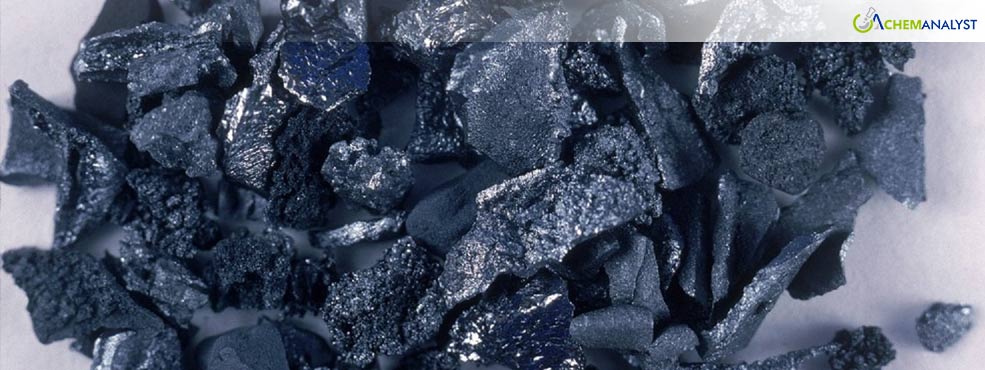Welcome To ChemAnalyst

The European Boron market has experienced a significant downturn in November, with prices sliding in key production regions, primarily driven by environmental disruptions, sectoral challenges, and shifting market dynamics. Both Spain and Turkey witnessed notable price declines, reflecting a broader landscape of reduced demand and operational constraints. In Spain, extreme weather events, including devastating floods, have disrupted downstream industries and agricultural activities. Turkey's market experienced a parallel contraction due to reduced Boron demand from construction and automotive sectors, compounded by unfavorable currency exchange rates and declining crude oil prices.
In Spain, Boron prices nosedived by 3.5%, with extreme weather conditions emerging as a critical disruptor. The Valencia floods, part of an increasingly volatile climate pattern, delivered a devastating blow to multiple industries. Agricultural sectors faced significant disruptions, with planting schedules thrown into disarray and crop productivity impacted. The construction industry ground to a near-halt, with critical infrastructure projects delayed and material demand plummeting. The automotive sector, a key Boron consumer, witnessed a dramatic downturn in electrified vehicle sales, dropping 7.8% according to the Automobile Manufacturers Association of Spain (ANFAC). Light commercial vehicle registrations similarly contracted by 4.5%, underscoring a broader economic malaise that reverberated through the Boron market's intricate supply chains.
Turkey's Boron market mirrored this downward trajectory, with prices retreating by 4% during the period. Despite ETI Maden, the government-run mining giant, maintaining stable production levels, the market encountered significant headwinds. The demand landscape was shaped by multiple interconnected factors, including declining crude oil prices and unfavorable euro-to-dollar exchange rates. The construction sector's subdued performance further exacerbated the market challenges, resulting in minimal international transactions. However, a silver lining emerged with the slowdown in input cost increases, offering a slight reprieve to producers navigating these turbulent market conditions.
Looking ahead, the Boron market hints at a potential renaissance, with early indicators suggesting a gradual recovery trajectory. Emerging green technology initiatives and renewable energy sectors are expected to inject fresh momentum into Boron demand. Anticipated infrastructure reconstruction projects in Spain, particularly in flood-affected regions, could stimulate construction-related Boron consumption. Turkey's strategic positioning in global trade and ETI Maden's consistent production capabilities provide a robust foundation for market stabilization. Automotive manufacturers are increasingly exploring innovative materials, potentially reopening demand channels for Boron-based technologies. Economic resilience, coupled with adaptive manufacturing strategies and potential technological innovations, suggests the market might transition from its current downturn towards a more optimistic landscape in the coming months.
We use cookies to deliver the best possible experience on our website. To learn more, visit our Privacy Policy. By continuing to use this site or by closing this box, you consent to our use of cookies. More info.
